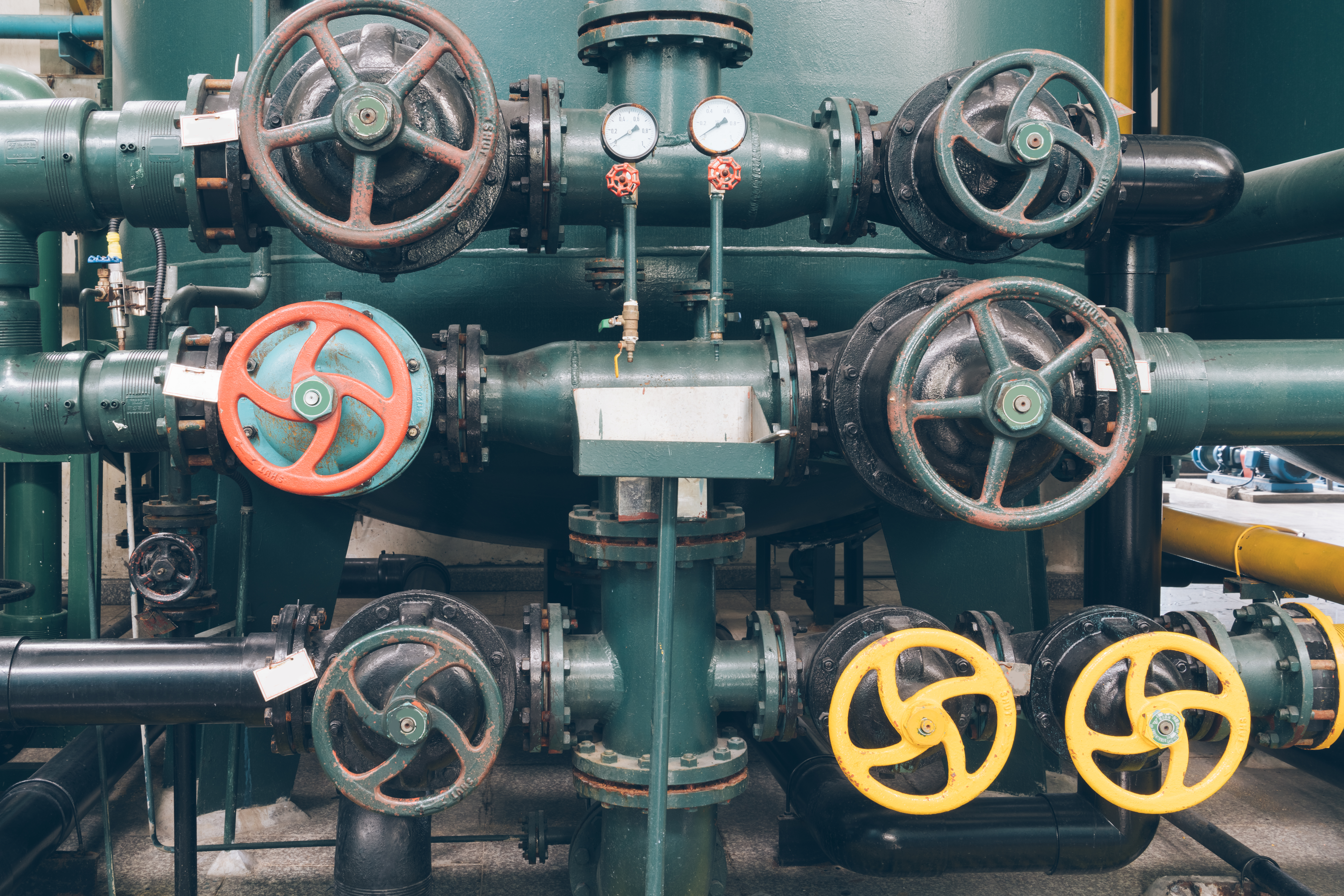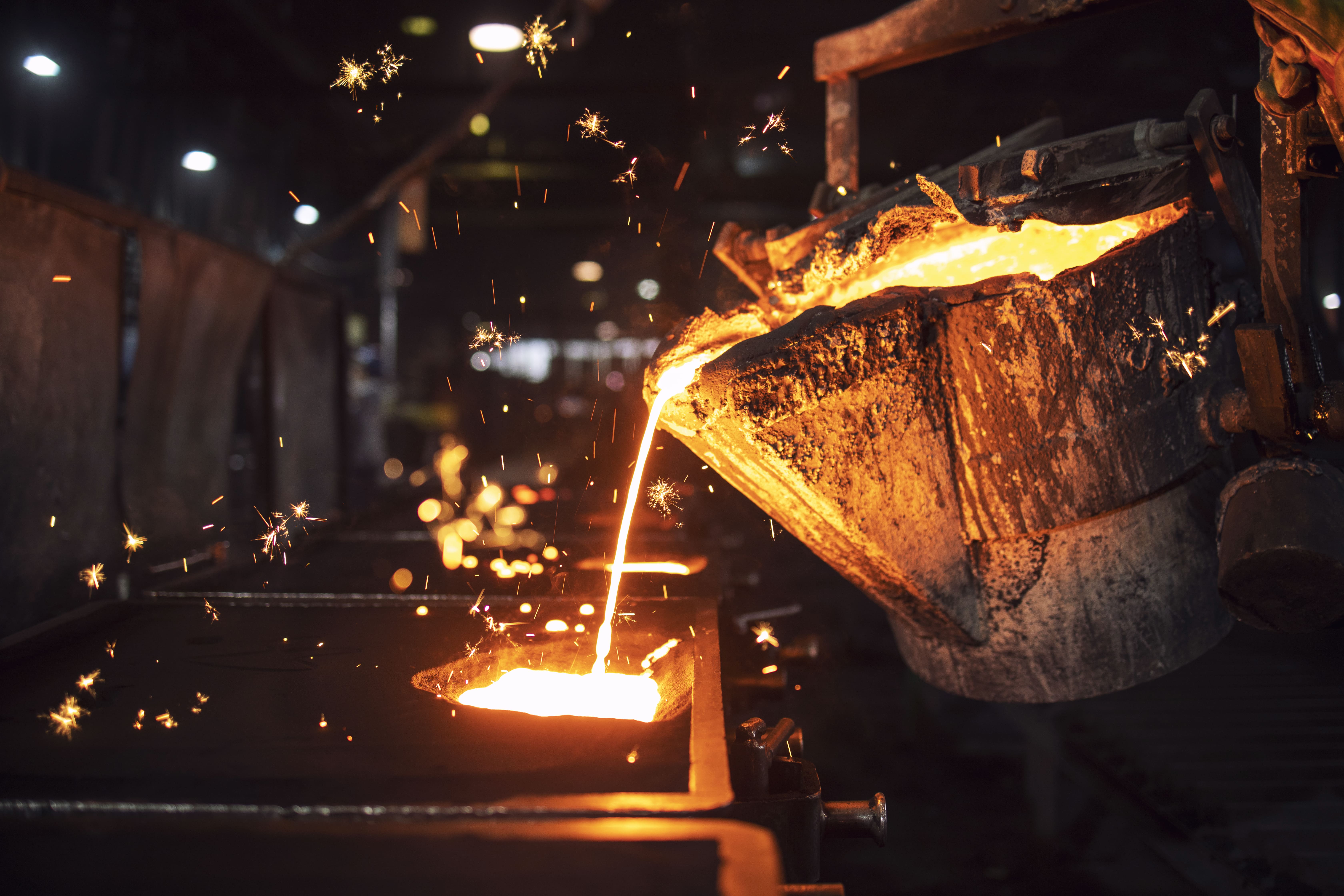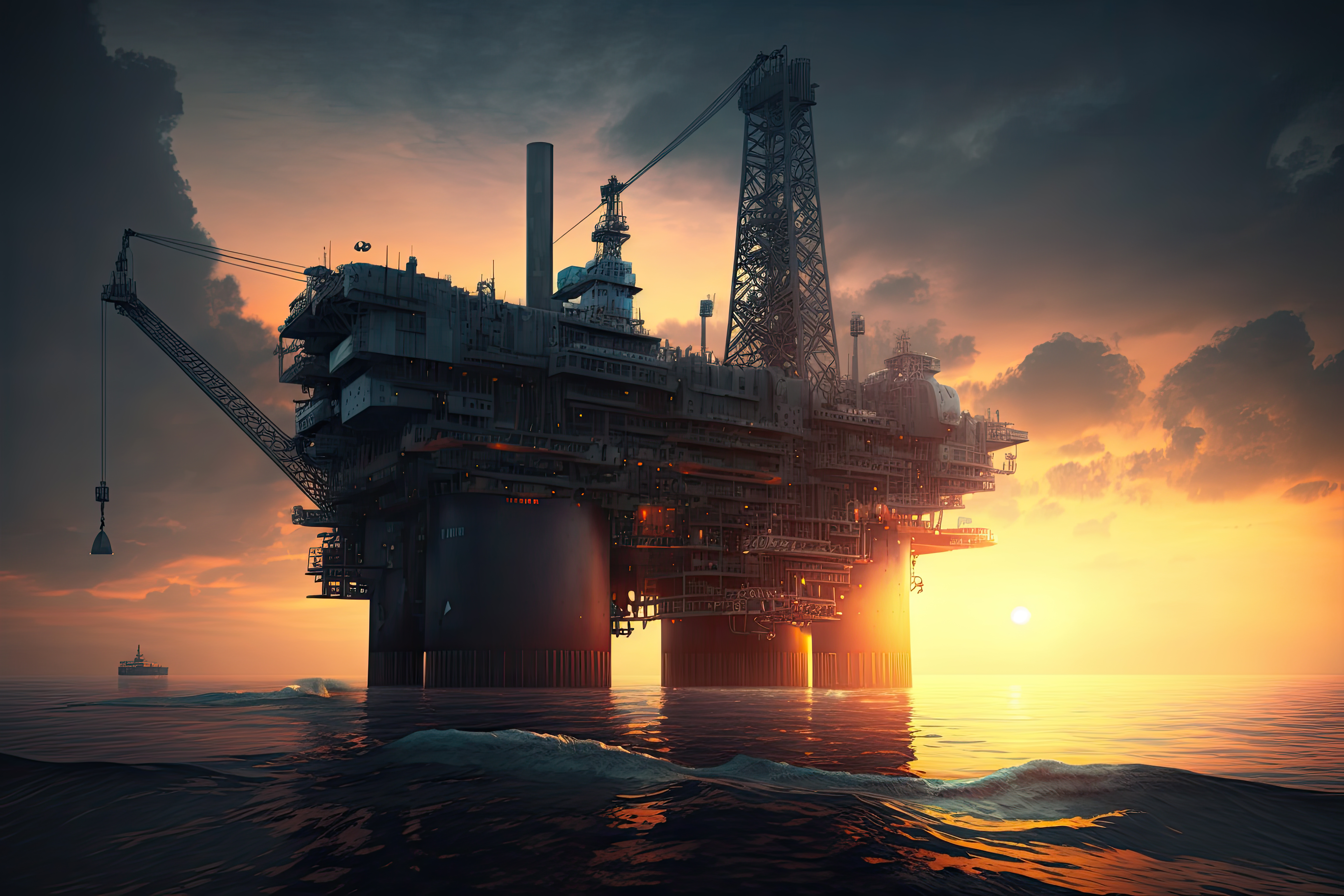Castings for Industrial Pumps

Castings for Industrial Pumps
- Commercial
- September 05, 2025
The Casting Does All the Heavy Lifting (Literally)
It’s amusing to see engineers spend weeks fine-tuning impeller blade angles, only to use whatever casting is available as if it doesn’t matter.
But it does. A lot.
We’ve learned this lesson the hard way. Every time the impeller spins, the casting is responsible for redirecting flow, absorbing vibrations, and handling temperature fluctuations that would deter most materials.
We’ve witnessed castings withstand pressures of 3,000 PSI without a crack, while others have failed at just 500 PSI, simply because the wrong alloy was chosen or details were overlooked. Who is the culprit here? Actually, you can point your finger at the foundry.
Reputable foundries don’t just pour and hope for the best. They consider the entire design process. They analyze how the metal will flow, identify stress points, and ensure it can endure the rigors of continuous operation for years.
For the record, renowned foundries don't do guesswork. You will find them considering the whole design before starting to cast.
They will identify each stress point, analyze the flow, and ensure the strength and quality of the casting. Because it will need to work for decades in unforgiving conditions.
Different Types of Casting Methods Available
A few types of Casting Methods:
Sand Casting
If there’s one casting method that gets used again and again, it’s sand casting. If you are looking for a powerful casting method, then this is it.
It’s perfect for larger parts like pump housings, bases, or volutes. Another reason for its popularity is the cost-effectiveness of this process.
It is also flexible, especially for big or complex shapes. While it might not produce a flawless finish, it gets the job done reliably.
Investment Casting
This method is all about precision. It is great for smaller, detailed parts like impellers, wear rings, or flow control components.
If you want an excellent surface finish, tight tolerances, and low machining afterward, then this could be it. If your pump has parts that need to move fluid smoothly without turbulence, this is your go-to.
Centrifugal Casting
This particular casting method is used when you need uniformity and strength in a cylindrical shape, like sleeves, bowls, or some worn components. It is very dense and strong, great for pressure-rated parts. The spinning action during casting helps push out impurities and makes for a stronger part.
The best results come when your foundry doesn’t just offer one method but knows when to use which.
When Off-the-Shelf Castings Just Won’t Cut It
Standard parts have their place. Just not in a system where “close enough” can take everything offline.
That’s because not all the pumps are doing the same job. Some are pushing seawater through desalination systems. A few are tucked away in chemical plants, quietly surviving a daily acid bath. Others are handling abrasive slurries in mining.
So, as the operating conditions vary wildly, the castings should also be different.
A generic, one-size-fits-all part might work for a while… until it doesn’t. That’s when issues creep in. All of it added up to downtime, repair bills, and the dreaded “Wasn’t this pump brand new?” conversation.
Custom castings fix that problem before it starts.
It performs better from day one. You get: proper flow paths for better efficiency, fewer wear points, and longer intervals between maintenance, parts that actually fit, without shimming, grinding, or swearing.
When a casting is tailored to the pump it belongs in, everything works smoother.
Things to Consider on Great Castings for Industrial Pumps
A casting worth trusting isn’t just about looking tough. It’s about lasting tough. It’s a mix of the right metal, smart design, and quality control.
Are there any distinctions between a good casting and a bad casting? Definitely. But how does someone know what good casting is?
Here are some characteristics you can look at…
The Quality And The Type Of Materials Used
Many different kinds of raw materials are used in casting. Each of these is different from one another in terms of corrosion resistance, handling heat and wear, and support.
The key is picking the right metal for the pump’s job and environment.
Quality Control
Without quality control, you won't have top-notch castings. A good casting will go through various quality control steps, like x-ray inspections, ultrasonic testing, and even stress analysis. All these steps help catch problems before the part leaves the foundry.
Smooth Surface Finish
Everybody loves a casting with a good surface finish. However, it is not actually only for the looks.
Additionally, it helps the inside of the pump for the fluid to flow better, reducing turbulence and wear. If the casting has rough or uneven surfaces, it will cause drag, erosion, and inefficiency.
Precision Counts
Small casting errors can cause leaks, vibration, or wear. Precision and defect-free work from the foundry are crucial.
Where Pump Castings are Used
Pump castings aren’t sitting idle. They are used every day in some of the toughest places around the world. You will see them in water treatment plants moving millions of gallons without a break.
You’ll also find them in energy facilities, chemical processing plants, food and beverage factories, etc.
As usual, you will also find them in marine environments, constantly battling saltwater.
Key Characteristics of a Good Casting Foundry
Here are a few signs that you're talking to a casting partner worth your trust.
The Foundry Ask Questions (Smart Ones)
A good foundry will want to know all about your projects before starting the job. For example, you will get questions related to the working conditions, the fluid type, the pressure levels, and even the climate, if it matters.
They Know Their Alloys
If you mention high-chloride environments and they immediately talk about duplex stainless, you're in good hands. Materials make or break pump performance.
The right partner won’t just give you options, they’ll explain the tradeoffs clearly so you’re not guessing.
They Catch Red Flags Before You Do
Maybe your design has a thin wall where stress tends to build or a shape that’s tough to fill properly. An experienced foundry will point that out early and work with you on a fix.
They Don’t Cut Corners
A good foundry will not deceive you. Because they know how essential it is to get it right in the case of industrial pump castings.
They’re Easy to Work With
This might sound soft, but it matters. You want a team that communicates clearly, gives realistic timelines, and picks up the phone when you call.
FAQs on Castings for Industrial Pumps
Here, we will be answering some questions regarding castings for industrial pumps.
What materials are commonly used for pump castings?
Raw materials like stainless steel, duplex alloys, bronze, and nickel-based alloys are used for pump castings.
Can I get a custom casting made for my specific pump design?
Yes. You need to talk to the foundry you are working with about custom orders.
How long does it take to produce industrial pump castings?
It takes roughly 4–8 weeks is typical, but a clear discussion upfront keeps surprises out of the timeline.
Before We Go
It’s easy to overlook pump castings. They don’t move, don’t spin. Also, they rarely get the spotlight. But ask anyone who’s had to shut down an operation because of a cracked housing or a corroded impeller. They’ll tell you just how important these parts really are.
If the casting is built with the right materials and backed by people who know what they’re doing, it can outlast the pump itself. So it is very important to choose wisely. The best casting suppliers don’t just make parts. They help keep the whole system running smoothly, quietly, and without surprises.



Share This News